Amsterdam is the best place in the world for founders. At least, that is what anyone from Amsterdam will gladly tell you. In reality, the city might not be the epicentre of global tech. According to research by Dealroom, Amsterdam attracts a smaller percentage of funding from outside Europe than other European startup hubs. VCs Two Sigma Ventures, from New York, and PeakSpan, from Silicon Valley both, invested in Amsterdam-based startups this year and know all about Amsterdam as a best-kept startup secret.
Amsterdam’s funding comes from home
Dealroom and StartupAmsterdam recently put the numbers together in their ‘Startups & Venture Capital in Amsterdam’ report (pdf here). With over 2,700 startups and scaleups founded in the city after the year 2000, all of them good for a total value of € 7.3B and adding 77,000 jobs. Over 130 active VCs, accelerators and workspaces in the city result in €2.8B in venture capital invested.
All is well until you look at foreign money being invested in starting Amsterdam companies. Only 21 per cent of funding in Amsterdam is from investors outside of Europe. More than half of the investments are domestic, while a quarter is from European investors. Compared to other European startup hubs, with London and Tel Aviv receiving over half of the funding from outside of Europe, this leaves Amsterdam very dependent on local investors. So why is the shiny city of Amsterdam seemingly a blind spot for investors from overseas?
Two Sigma: ‘make it easier to raise initial capital’
“There is very little hesitation”, says Vili Iltchev of Two Sigma Ventures about US investors looking to fund startups from Amsterdam. “US investors don’t care whether a startup is from Amsterdam.” Iltchev is a partner at the early-stage venture capital firm, headquartered in New York. Two Sigma Ventures is notable for investments in enterprise software and manages a fund of $288M. Last August, they led a Series A in Amsterdam-based healthcare startup, Castor.
Iltchev explains it makes more sense for US investors to step in at a later stage in startups from Europe. “In the early stage, there is more noise. Investing in Europe at this stage is more challenging as you don’t have the network. But as these startups mature, when it is a good enough company, everyone wants to invest in them. You expect early-stage investments to be done by local investors. I doubt Berlin or Israel is any different. My instinct is that you need to make it easier to raise initial capital.”
PeakSpan: ‘no unicorn-mania here’
Matt Melymuka has had a similar experience when it comes to US investors looking at Amsterdam: “I’m impressed with the tech ecosystem there, there is not anything that should be a deterrent to invest.” Melymuka is the co-founder and a partner at PeakSpan. The Silicon Valley-based fund aims for hospitality-tech startups and touched down in Amsterdam this year to lead a Series A funding round in hotel software startup Oaky. Melymuka stresses he did not come to Amsterdam looking for the next unicorn.
“Actually what is attractive in the region, is the lack of ability to generate more unicorns”, says Melymuka, pointing to sensible business being conducted here, as opposed to what he calls ‘unicorn-mania’ amongst investors. “At PeakSpan, we are firmly in the anti-unicorn camp. The mania has materialised into a lot of investment firms pushing companies to be the next unicorn. They give a lot of capital at a high valuation but need you to do ten times better. That’s how you force companies to do a lot of unnatural things.”
The difficulties of investing in Amsterdam
Despite the regions attractiveness, Melymuka admits investing in Amsterdam takes a bit of extra work. Getting to know the local legal system and the way company boards are set up requires some effort, compared to the familiar structures in their home country. “I don’t think any of those things are negative, but many VCs from the USA are unwilling to figure it out. They don’t take the time, they prefer just to invest in the US.”
“We’re seeing a maturing market”, says Iltchev. “Silicon Valley is less of an epicentre of innovation these days. Talent is everywhere.” The trick, according to him, is to make it easier to use that talent by taking care of the basics: “What incentives does the government provide to invest in startups? Do universities have a mechanism to spin-out IP? Do they have a mechanism for professors to allow to start companies? I don’t know what a state or city has to do, but I do know they have to take away obstacles to create a company.”
‘Talent for less’
To attract funding from the US, the Amsterdam startup ecosystem could do a better job of emphasising what is unique to the region, says Melymuka. “You have many great businesses that are incumbents, but also many great talents. The cost of living in Amsterdam is a fraction of Silicon Valley. Scaling in Amsterdam a business is dramatically cheaper than in the Bay Area. The cost-efficient nature of the talent pool is very attractive. You can get amazingly smart and talented people for less money in Amsterdam.”
Iltchev also says that Amsterdam does have what it takes to become more of an international hub. A diverse, welcoming population with many different backgrounds. Fluency in English as the common language, and indeed a relatively low cost of living compared to the tech hubs in the USA. “Also the art scene is pretty important,” Iltchev says. “Lots of tech companies are started by people that are creative, appreciating the arts. These are all things you can leverage.”
Forget unicorns: ‘be the next Amsterdam lion’
And what can startups in Amsterdam do to attract some more of that sweet capital from America? The bad news is, there is no magic bullet, says Iltchev. “Early on, the burden needs to be on the shoulders of the local investors. It’s really hard to get me to go to Europe and look at some startup that is early stage. There are plenty of those in the US. Only later when you build something meaningful, come to us. Focus on building relationships with investors in the Bay area. But again; there is no magic bullet.”
Melymuka would rather not divulge any wisdom on how Amsterdam startups can attract more funding from the USA. “That is really not in my best interest. Amsterdam is the best-kept secret right now! I’m blown away by companies I’m meeting now. It’s classic for up-and-coming locations to see many companies that are well-run, with great collaborative teams.”
Advice he does want to share is for startups to take the animal representing The Netherlands as an example. “Don’t try to be the next unicorn, embrace being the next Amsterdam lion. It’s about smart, responsible company building, not being about just any large company. I’d really rather be protected by a lion than by a unicorn.”
Header images: Villi Iltchev/Two Sigma Ventures



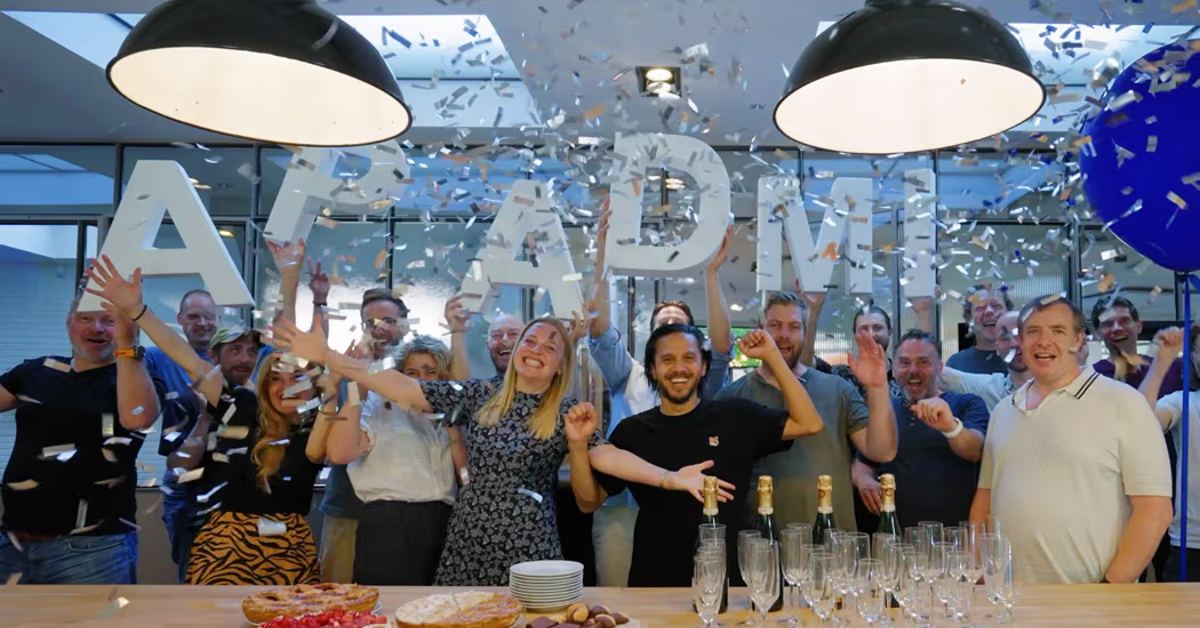
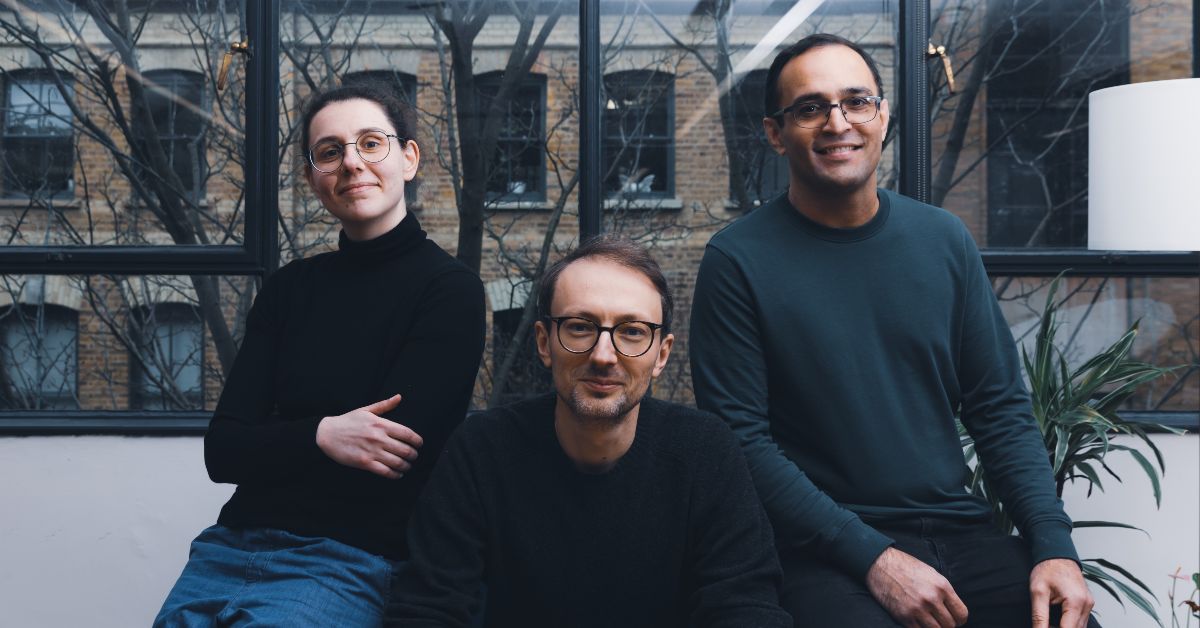
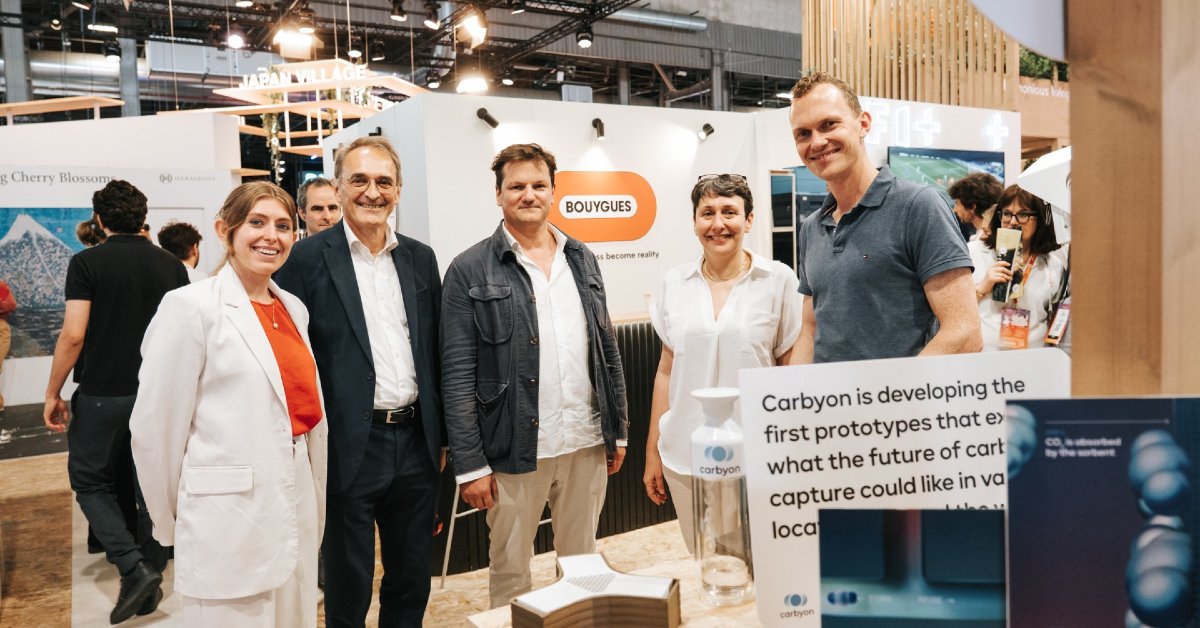
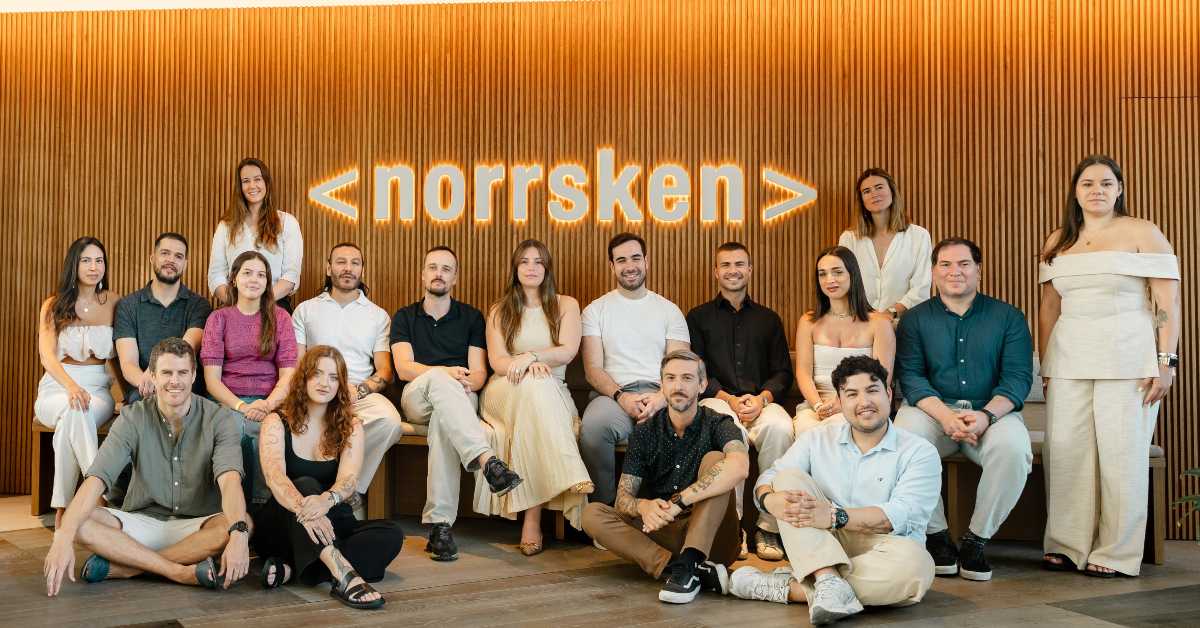
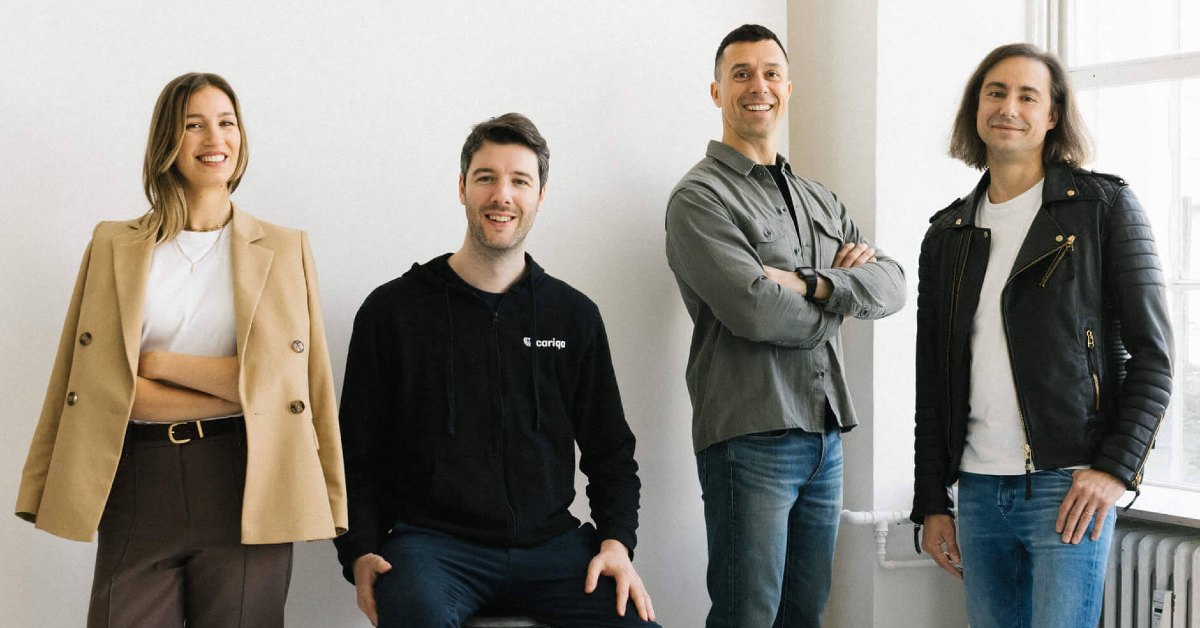
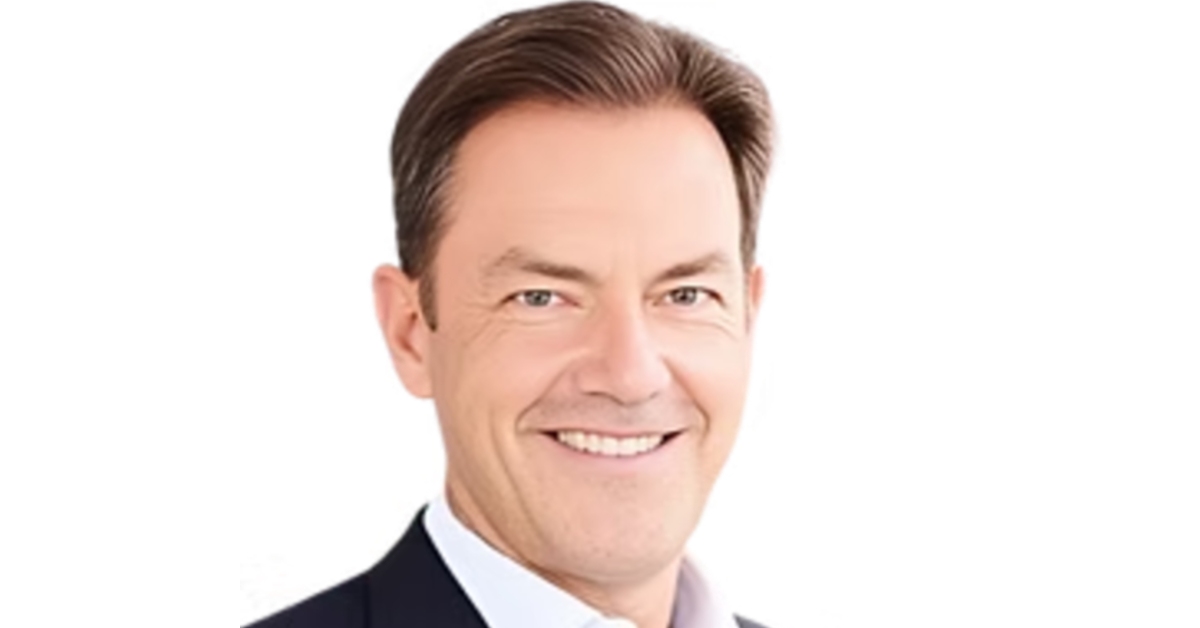

01
From telecom veteran to Dutch Startup Visa success: The Jignesh Dave story